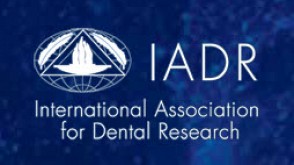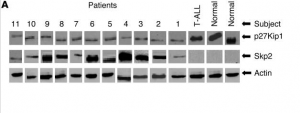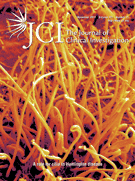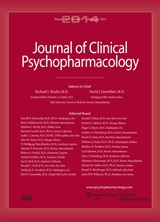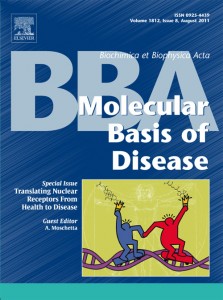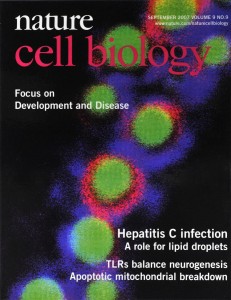 A Nature Cell Biology article on insulin regulation has been retracted after scientists noted that the antibodies used in their research were not as specific as they had previously believed.
A Nature Cell Biology article on insulin regulation has been retracted after scientists noted that the antibodies used in their research were not as specific as they had previously believed.
The notice is clear on the problems with the science, which together “call into question the main conclusions of the paper.” Three of the paper’s five authors were employed at Novartis at the time of publication.
Here’s the notice for “Wolfram syndrome 1 and adenylyl cyclase 8 interact at the plasma membrane to regulate insulin production and secretion”: Continue reading Nature Cell Biology insulin paper retracted over antibody problems




